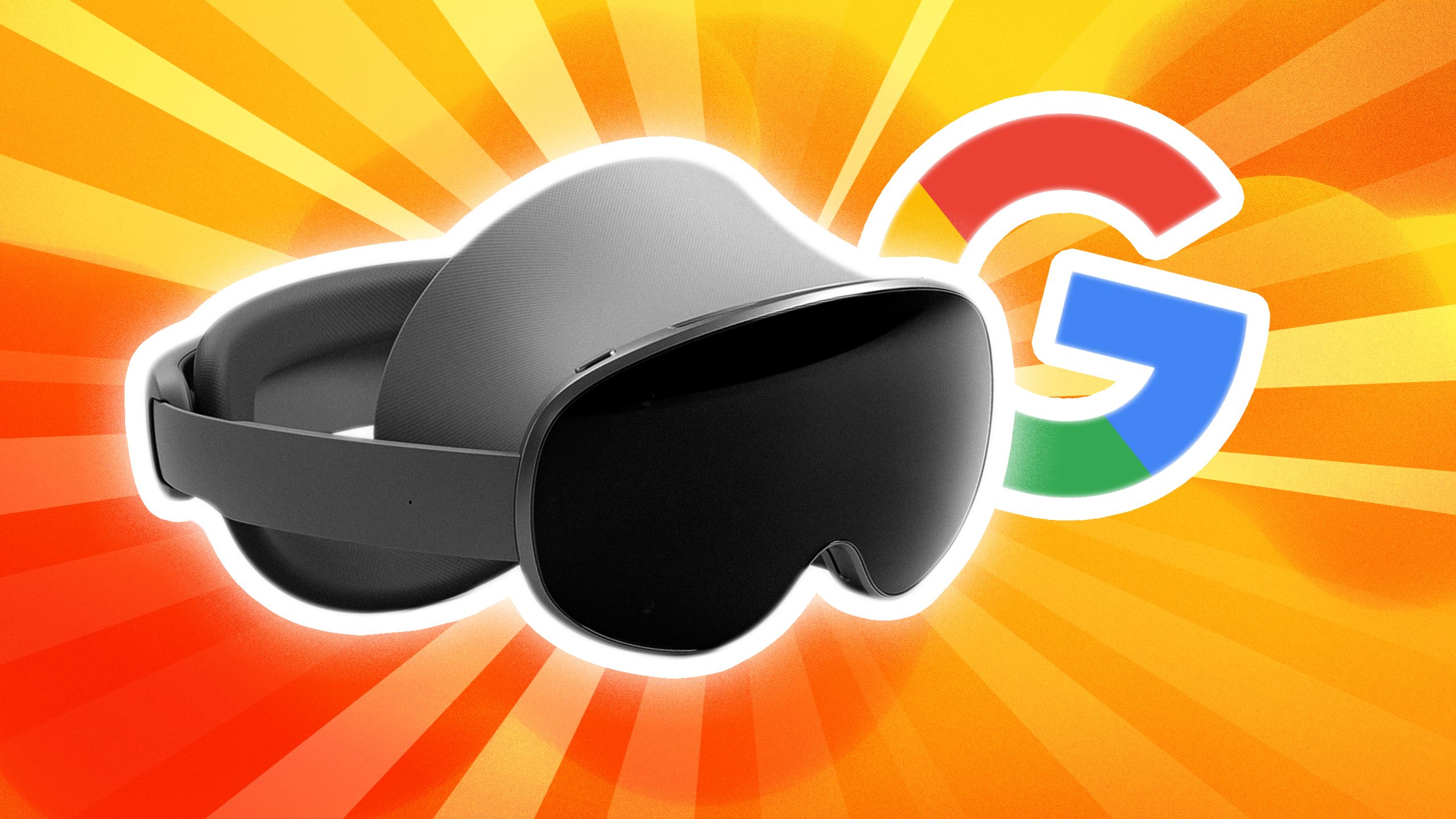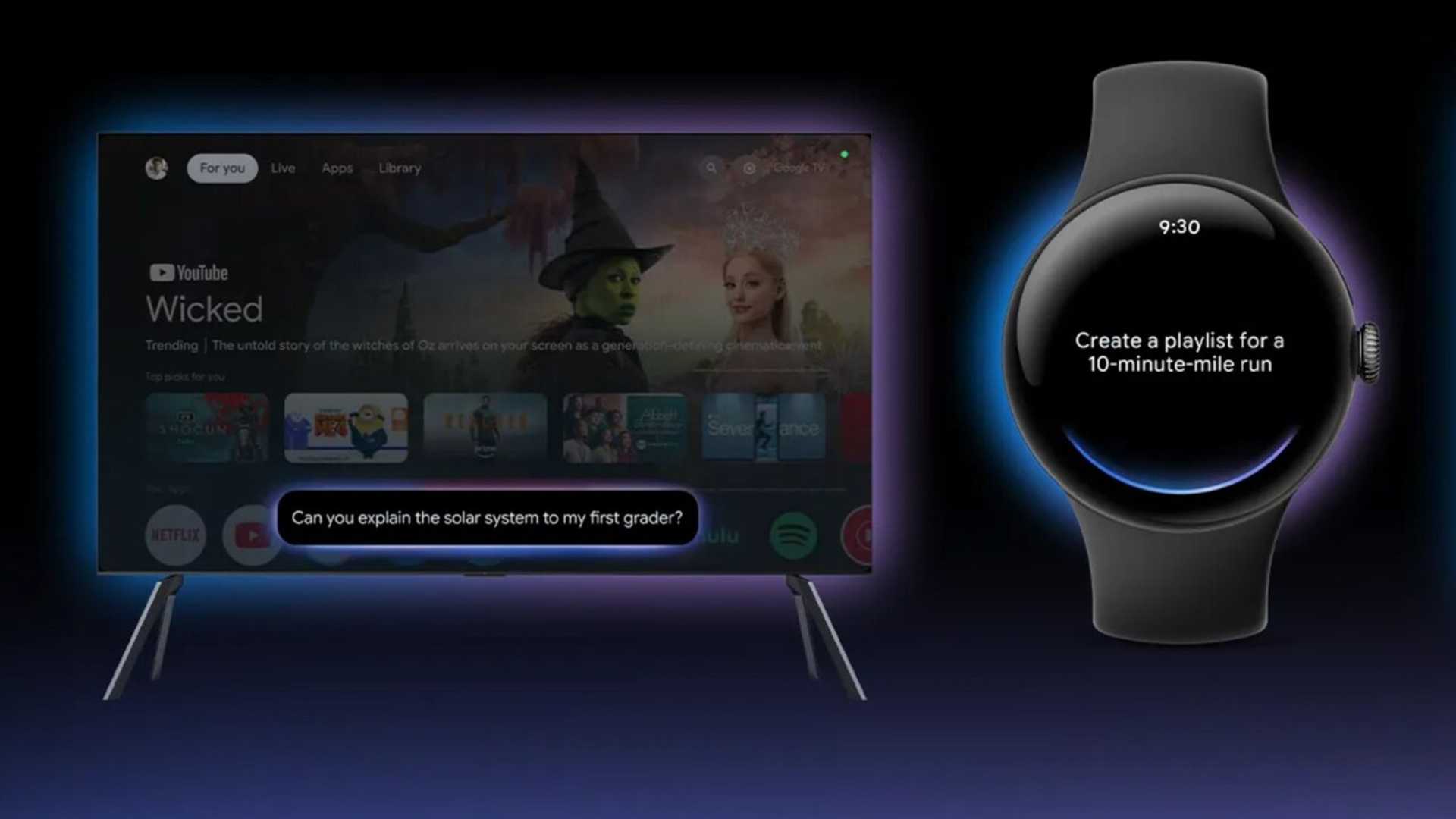Google Gemini is coming to TVs, cars, smartwatches, and XR ...
Google recently announced that its Gemini AI assistant, which is currently available on mobile, desktop, and the web, will soon be expanding to other devices such as TVs, smartwatches, cars, and XR headsets. This expansion aims to provide users with a more seamless and integrated experience across multiple platforms.

Gemini Expansion Across Devices
Guemmy Kim, Senior Director of Product and User Experience for Android, expressed excitement about the upcoming expansion of Gemini, stating that the assistant will now be accessible on a wide range of devices. Whether users are on the go, at home, or in their cars, Gemini will be there to assist them with various tasks and queries.
One of the first devices to receive Gemini integration will be Wear OS smartwatches. Users will be able to interact with the assistant using natural language commands to get answers to their questions and perform actions like setting reminders or getting information.

Gemini Integration in Cars
For users with Android Auto systems or cars equipped with Google Assistant, Gemini will soon replace the current assistant to provide a more intuitive and seamless experience. With Gemini in cars, users can expect features like location searches on Google Maps, message summaries, language translations, and the introduction of Gemini Live for a more interactive driving experience.
Gemini on Google TVs
Google also plans to bring Gemini to Google TVs, allowing users to make voice commands for tasks like finding specific movies or educational videos on YouTube. This integration aims to enhance the entertainment and informational capabilities of Google TV devices.

Gemini in Android XR
Lastly, Google is set to launch Gemini on Android XR headsets, starting with Samsung's upcoming device. This integration will provide users with an AI assistant on their XR devices, capable of performing a wide range of tasks and functions to improve the overall user experience.
As Gemini continues to expand its presence across these new platforms, it will be interesting to see how users adapt to these enhanced AI capabilities and the impact they have on daily interactions and experiences.




















